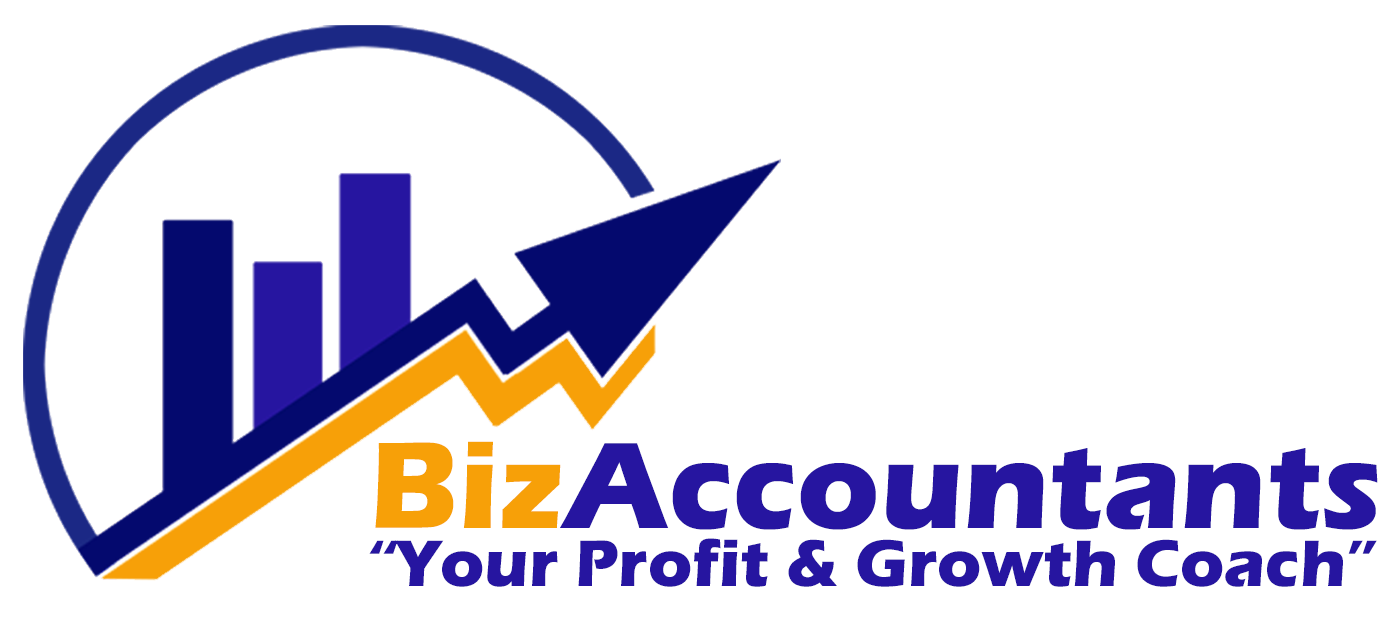As the end of the year approaches, small business owners must turn their attention to closing their books and preparing for tax season. Effective tax planning is crucial to minimize liability and enhance financial outcomes. This blog provides essential tips to help you navigate your year-end tax planning with confidence.
- Review Your Financial Statements: Start by ensuring that all your financial statements are up to date and accurate. Reconcile your bank accounts, review profit and loss statements, and check your balance sheets. Accurate financials are the backbone of effective tax planning and can help identify any areas of concern early.
- Maximize Deductions: Identify potential deductions now to reduce your taxable income. Common deductions for small businesses include office expenses, travel, and entertainment, business insurance, and educational expenses. Consider making year-end purchases for equipment or supplies to take advantage of Section 179 deductions, which allow you to write off the full purchase price of qualifying items.
- Defer Income: If possible, defer income to the next tax year, especially if you anticipate being in the same or a lower tax bracket. This might involve delaying invoices or holding off on certain projects until after January 1st. Deferring income can be a strategic move to manage your tax liability effectively.
- Contribute to Retirement Plans: Year-end is the perfect time to boost contributions to your retirement accounts, such as a SEP IRA or a Solo 401(k). Contributions to these plans can significantly lower your taxable income and save for the future simultaneously.
- Evaluate Your Business Structure: Consider whether your current business structure is the most tax-efficient for your needs. Sometimes, switching from a sole proprietorship to an LLC or S Corporation can offer substantial tax savings and liability protection. Consult with a tax advisor to see if a change could benefit you for the upcoming year.
- Plan for Estimated Taxes: Ensure that you’ve made all required estimated tax payments to avoid penalties. If you’ve had a profitable year, you might need to make an additional payment to cover any shortfall.
- Consult with a Professional: Tax laws are complex and constantly changing. Meeting with a tax professional can provide you with personalized advice and ensure that you are taking advantage of all tax-saving opportunities available to your business.
Effective end-of-year tax planning is essential for minimizing your tax burden and setting your business up for success in the new year. By taking proactive steps now, you can ensure a smooth tax process and potentially significant financial benefits.
If you need assistance with your tax planning or have questions about optimizing your financial strategy, don’t hesitate to reach out to BizAccountants. We are here to help you navigate every step of your financial journey.
BizAccountants is your trusted guide on the path to financial clarity and business success. We are a dedicated team of accounting professionals committed to delivering expert advice and comprehensive services tailored to meet the unique needs of small and medium-sized businesses. At BizAccountants, we believe in building strong, lasting relationships with our clients by providing transparent, strategic, and proactive support in areas such as tax planning, bookkeeping, payroll, and business consulting.
- BizAccountantshttps://bizaccountants.com/author/bizaccountants/
- BizAccountantshttps://bizaccountants.com/author/bizaccountants/
- BizAccountantshttps://bizaccountants.com/author/bizaccountants/
- BizAccountantshttps://bizaccountants.com/author/bizaccountants/




